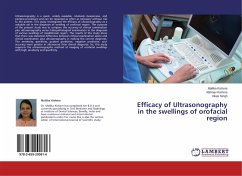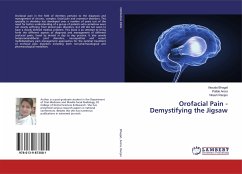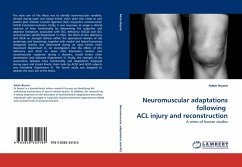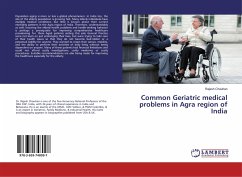"Neuromuscular Disorders" refers to a variety of conditions that impair muscle function, either directly through pathologies of the voluntary muscle or indirectly through pathologies of the peripheral nervous system or neuromuscular junctions. Other diseases of the spinal cord or brain are not classified as "neuromuscular." It has an effect on the nerves that control voluntary muscles. Voluntary muscles, like those within the arms and legs, are often controlled. The messages that control these muscles are sent by nerve cells, also known as neurons. Communication between the nervous system and muscles is disrupted when neurons become unhealthy or die. Due to this, muscles become weak and waste away. Twitching, cramps, aches, and pains, as well as joint and movement problems, can all be symptoms of weakness. It can also have an impact on heart function and breathing. Classically neuromuscular diseases are classified as disorders involving motor neurons in the cranial and spinal cords, spinal nerve roots, nerve plexuses, peripheral nerves, neuromuscular junctions, and/or muscles based on their location.
Bitte wählen Sie Ihr Anliegen aus.
Rechnungen
Retourenschein anfordern
Bestellstatus
Storno








